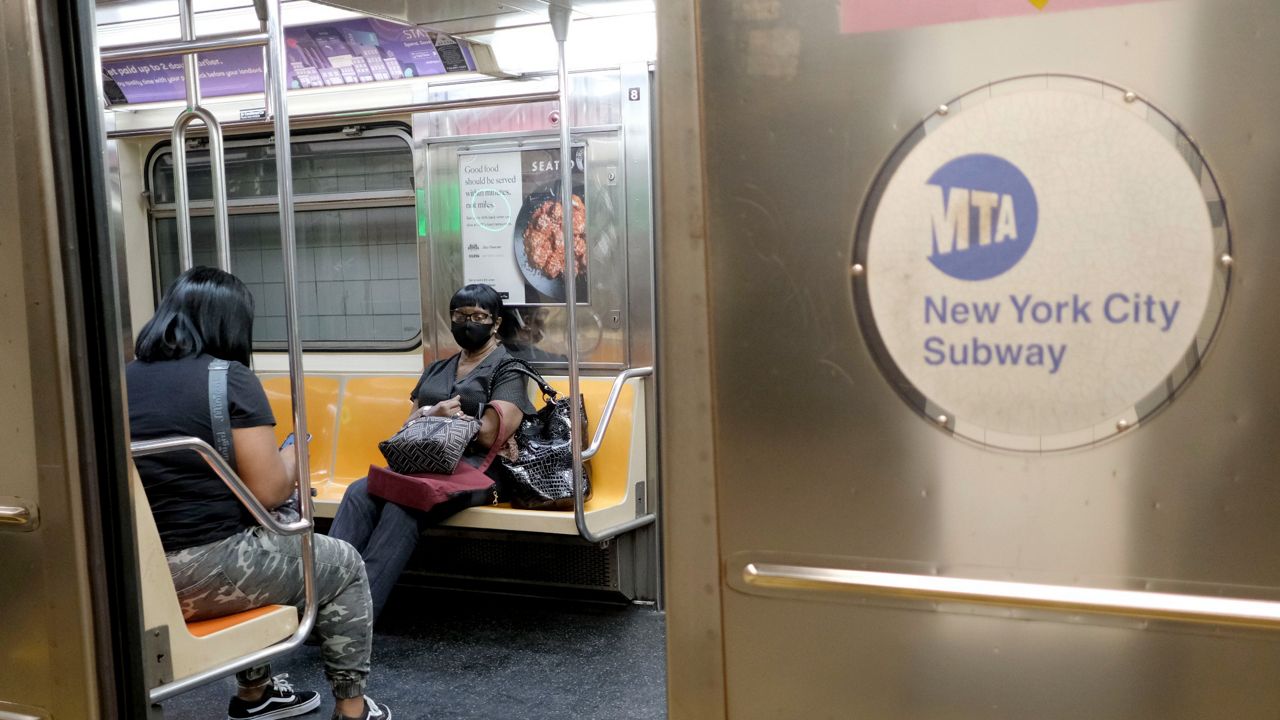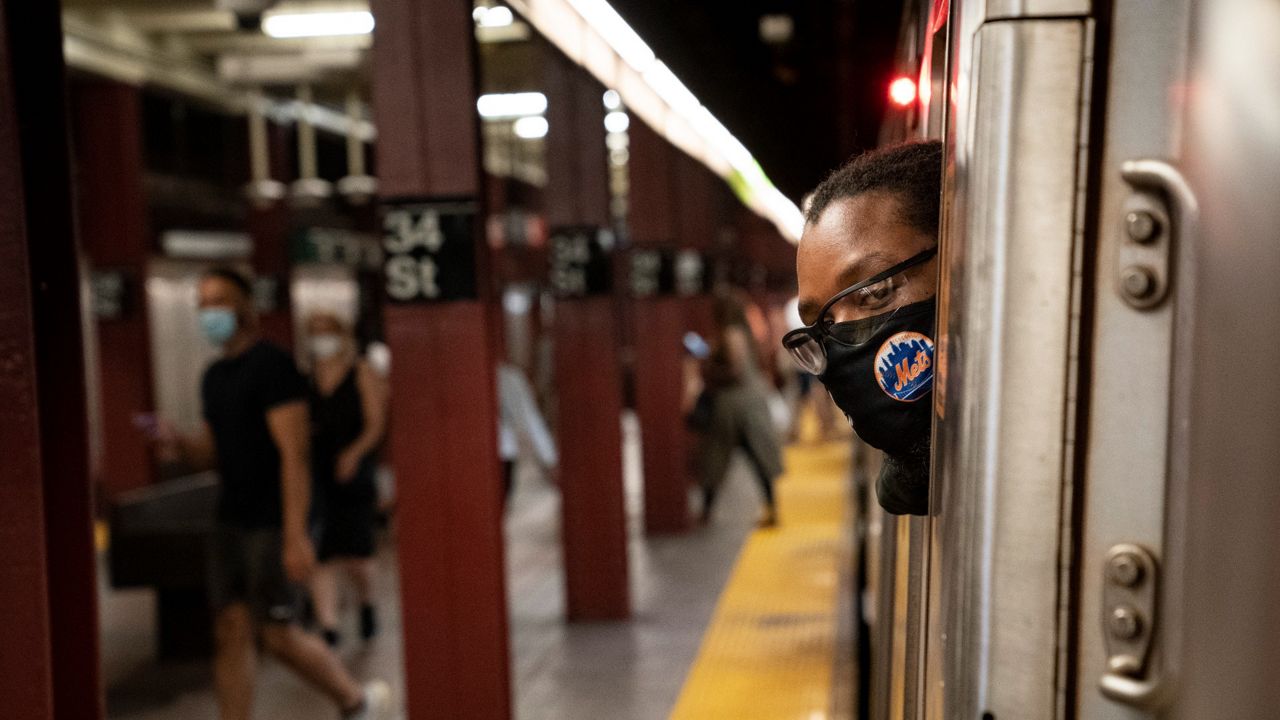NEW YORK — Upper West Side resident Caroline Attayek lives and works along the 1 train line, but recently that has not been very convenient.
"I literally have an interaction with my boss with me texting her, me leaving an hour early thinking that would get me there in time and I still end up at work 15 minutes late,” Attayek explained.
According to the Riders Alliance, Attayek is not alone.
A new report that the public transit advocacy group released found signal problems delayed 80% of morning rush hour trains in the first half of the year.
What You Need To Know
- A new Riders Alliance report found signal problems delayed 80% of morning rush hour trains in the first half of the year
- The MTA says a shortage of workers caused by retirements and a hiring freeze has also caused delays
- According to the report, there were more signal delays in 2021 than 2019, but 2018 was worse than both those years
"Even when I am trying to get across town, or I was going to Astoria yesterday for a project,” Attayek said, “and it is just like, no matter what, you literally cannot plan your life because you have to allot so much time to get from point A to point B.”
Signal problems are not the only issue leading to delays. A shortage of workers caused by retirements and a hiring freeze has made it tougher to get train service back on track after disruptions, according to the MTA. The MTA said it has lost more than 2,800 employees since the COVID-19 pandemic began. The agency acknowledges a depleted workforce, coupled with more riders returning the system, is challenging.
"I am sure that is going to make it even more of a nightmare,” Attayek said.
In a statement, the MTA said, "We are making a multi-billion dollar investment in modernizing signals across the subway system that will result in faster trips, the ability to operate more trains per hour and fewer delays. As with any new technology, the integration of CBTC with existing conventional signaling has growing pains and while ensuring safety, this ongoing transition is responsible for an increasing number of signal delays."
But commuters like Attayek say they just want to get to their destination without the extra hassle.
"It is so inconvenient when you have a life and making plans and all that stuff,” Attayek said. “It just completely puts a damper in your day."
According to the report, there were more signal delays in 2021 than 2019, but 2018 was worse than both.
------
Did you know you can now watch, read and stay informed with NY1 wherever and whenever you want? Get the new Spectrum News app here.








